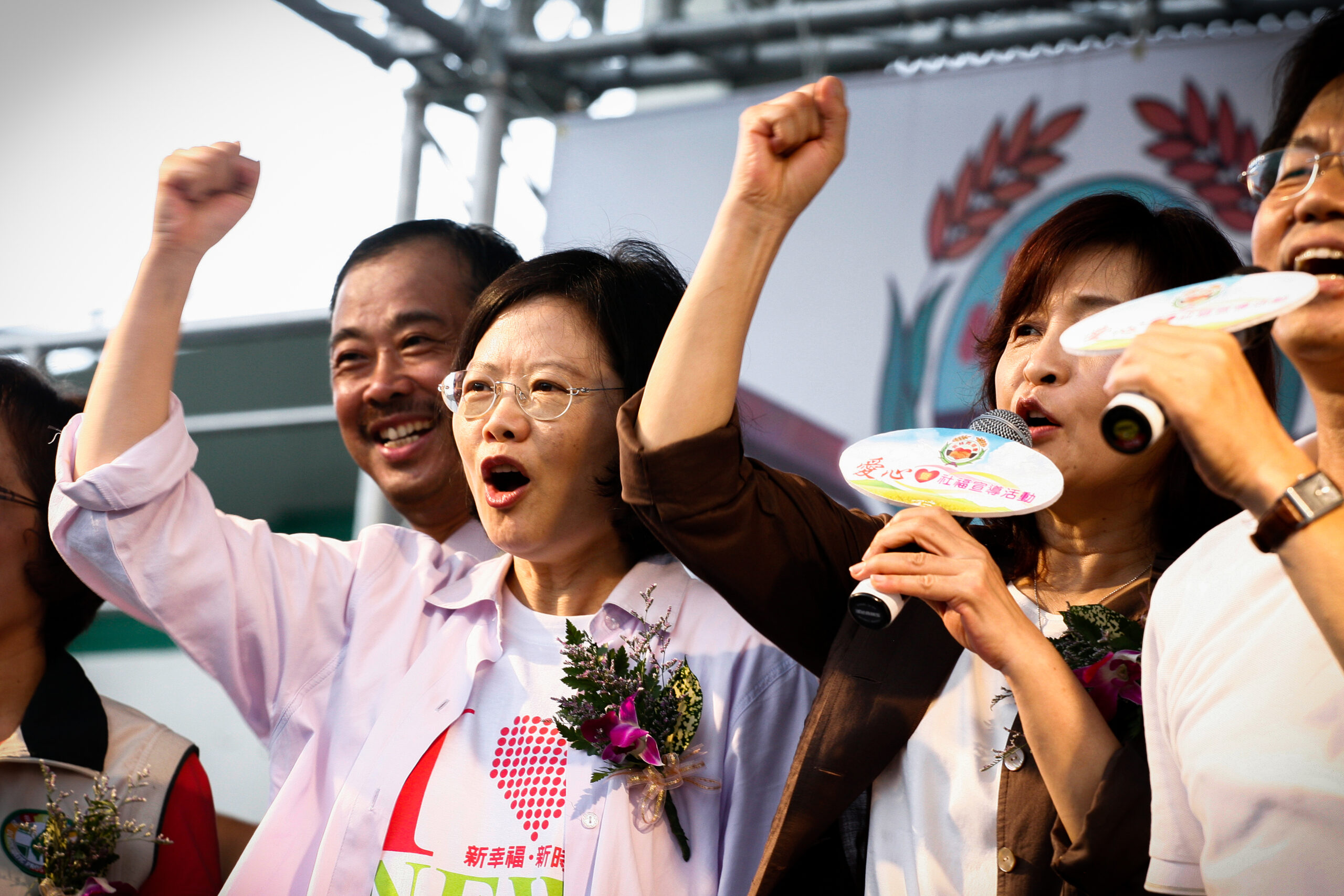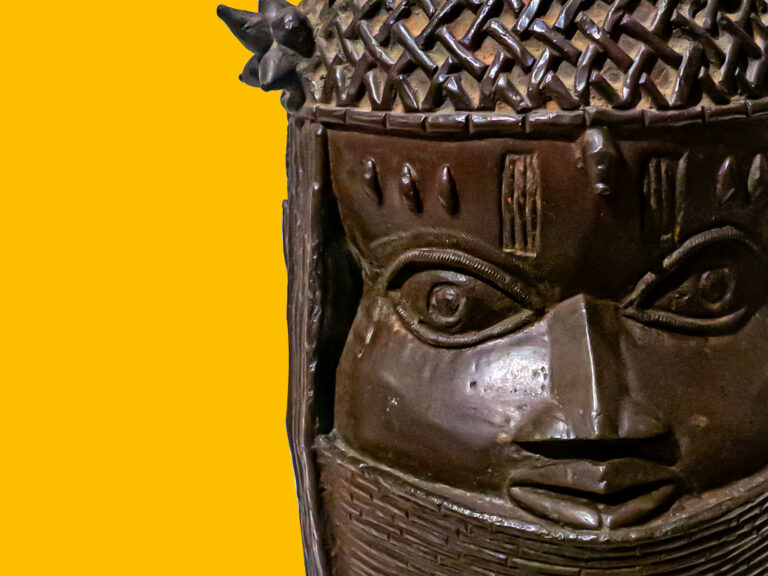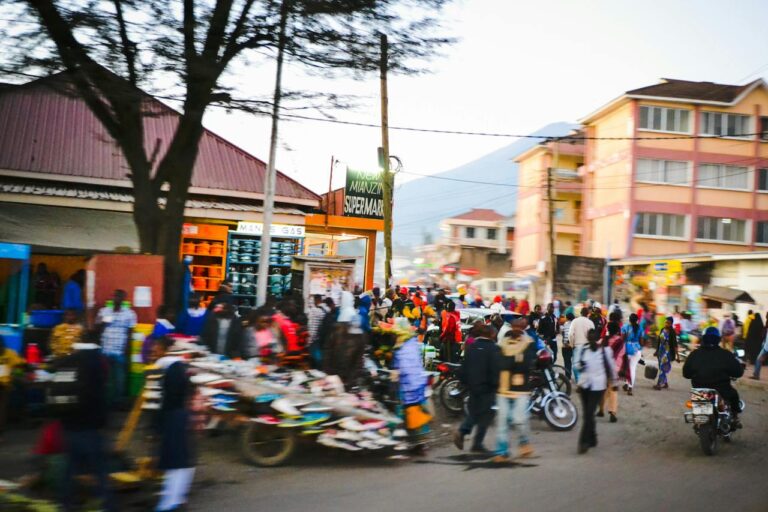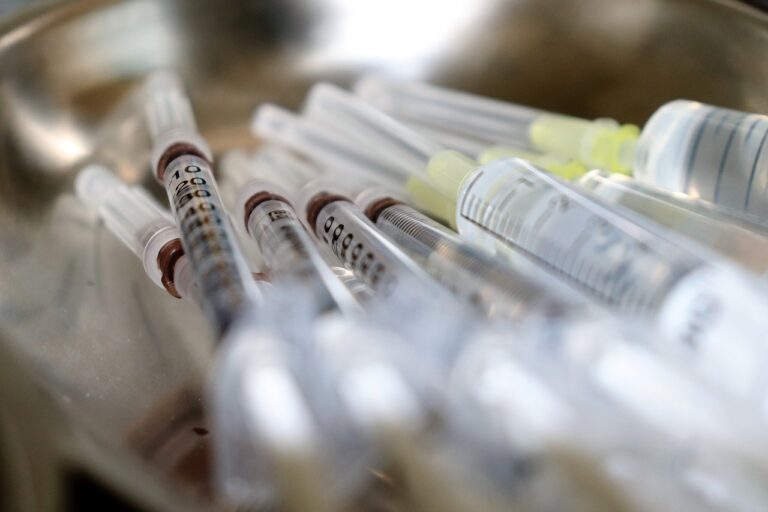Aarhus, Denmark (TP)
‘I am grateful to the president of the Republic of China on Taiwan,’ said King Mswati III of eSwatini in a speech on February 19th after recovering from being dangerously ill with COVID-19, reports Reuters.
The king had tested positive in January.
When president of Taiwan Tsai Ing-wen heard about the king’s infection, she arranged for antiviral medication to be sent to the king, according to a spokeswoman for the Taiwanese foreign ministry.
‘I am grateful to the president of the Republic of China on Taiwan’

King Mswati III
King of eSwatini
eSwatini is a small, landlocked country of around one million people that is almost surrounded by South Africa, and it is the only country left on the African continent that still recognizes the government of Taiwan as the legitimate government of China.
That loyalty saved royalty.
However, eSwatini has not been the only recipient of corona aid from Taiwan. Particularly in the spring of 2020 when the COVID was surging through Europe, Taiwan received praise and gratitude for its donations of personal protective equipment to European countries at a time where nations prioritized protecting themselves.
Vaccine Nationalism Versus Vaccine Diplomacy
On the global scale of giving corona aid, Taiwan is a fairly small fish whose efforts have been dwarfed by the contributions from the likes of China, India and Russia.
Almost a year after the personal protective equipment crisis, where the supply of protective gear did not match the worlds demand of it, these three countries have boosted an image of being generous donors at a time where the global hunt is no longer for personal protective equipment but for vaccines.
‘The vaccine nationalism of western countries created the space for these other countries to practice vaccine diplomacy’

Yanzhong Huang
Senior fellow for global health at the Council on Foreign Relations thinktank
Once again, Western countries are busy procuring themselves with the EU by for example having secured more than 2.3 billion vaccines which will be enough to inoculate its population of about 450 million people several times over.
Meanwhile, China and Russia have donated more than 800 million vaccine doses to 41 countries by February 17th.
‘The vaccine nationalism of western countries created the space for these other countries to practice vaccine diplomacy,’ said Yanzhong Huang, a senior fellow for global health at the Council on Foreign Relations thinktank to the Guardian.
EU member Hungary has even received two million doses of the Russian Sputnik V vaccine which has not yet been certified by the European Medicines Agency.
This exposes cracks in what was supposed to be a united EU vaccine procurement program and can be seen as a victory for Russian diplomacy.
The Personal Approach in the Face of Vaccine Inequality
This is not to say that Western countries have contributed nothing to the global fight against COVID-19. Western countries have donated the most to COVAX.
COVAX is a global initiative spearheaded by WHO and the European Commission that pools funds together to be used for the procurement, coordination and distribution of vaccines to developing countries.
By summer 2020, 165 countries had signed up for COVAX representing 60 percent of the world’s population.
The first COVAX delivery consisted of 600.000 AstraZeneca vaccines that arrived in Ghana on February 24th.
Estimates show, that when countries depending on vaccines from COVAX will have received enough doses to vaccinate 3 percent of their population, Canada, UK and the US will already be approaching herd immunity.
The stark inequality of COVID-19 immunity has thus presented a ripe opportunity for countries with state-run vaccination productions to score diplomatic points.
‘Obviously Russia and China are not entering emerging countries saying you need to give us something back’

Agathe Demarais
Global forecasting director at the Economist Intelligence Unit
Just within the last two weeks, Zimbabwe and Senegal each received 200.000 vaccine doses from China while Egypt received 300.000. Nepal received one million doses from India, and Sri Lanka received 500.000. Mexico received 200.000 from Russia, and Venezuela received 100.000.
But is this vaccine generosity just a token of good will or is something expected in return?
‘Obviously Russia and China are not entering emerging countries saying you need to give us something back,’ said Agathe Demarais, global forecasting director at the Economist Intelligence Unit to the Guardian. “But in the long term it will pay dividends. And the Russian and Chinese leaderships understand the pandemic is going to be with us for a long time to come.’
While China and Russia might not have asked for something concrete in return for vaccine doses outright, last week Israeli lawmakers contemplated doing just that when they discussed whether vaccines should only be released to the Gaza Strip in turn for concessions from Hamas that is in control of Gaza.














